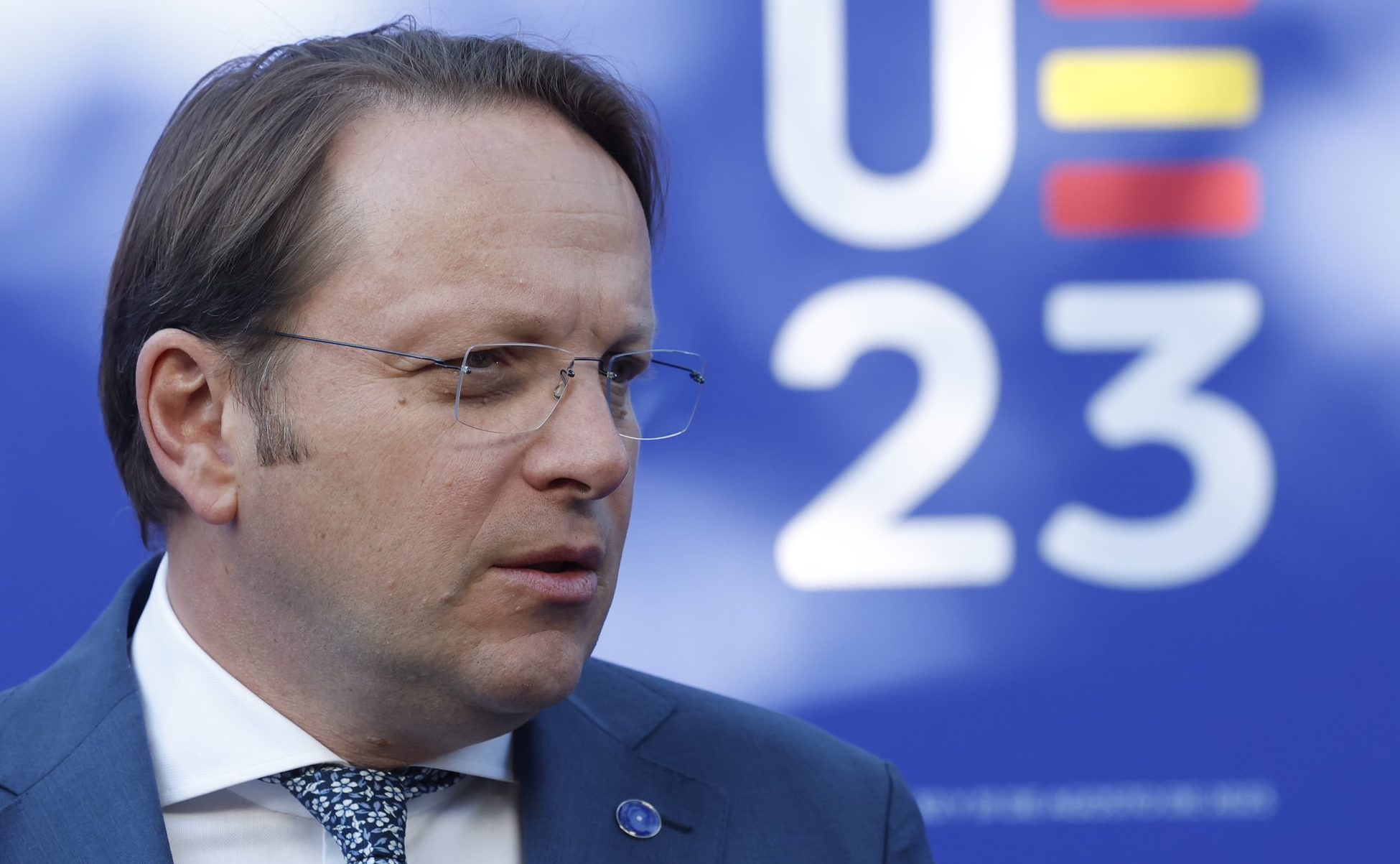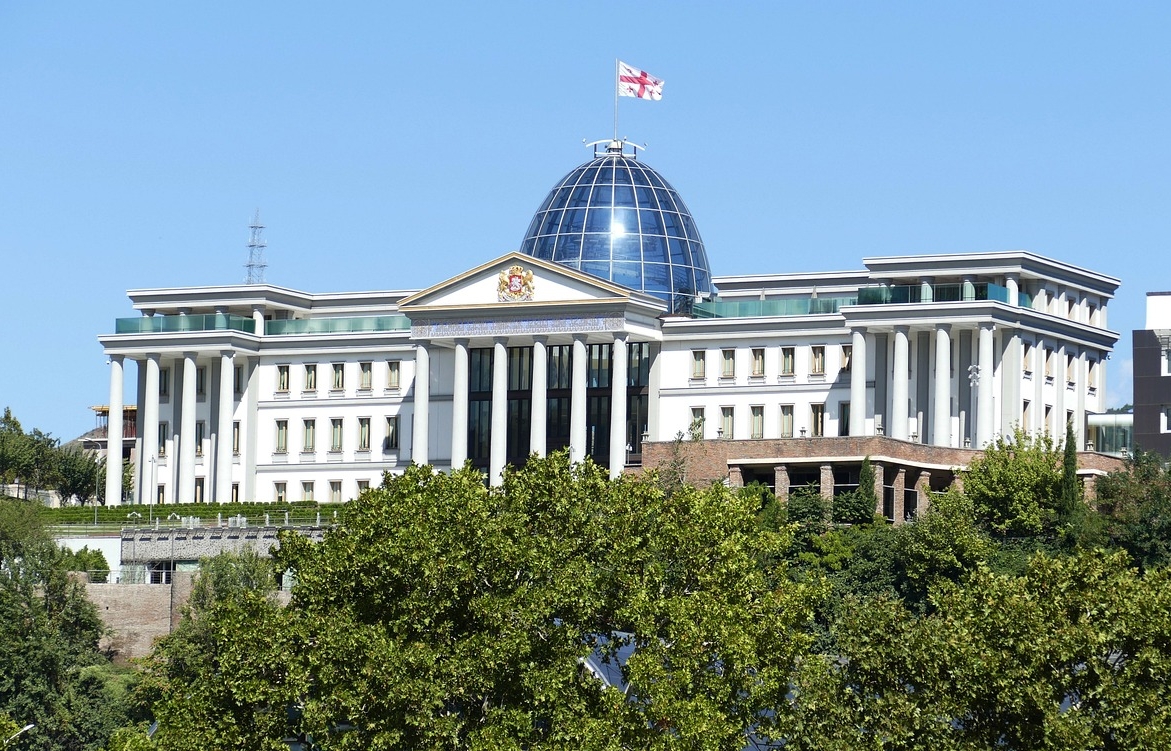
The European Commission will present its annual report on the progress of the countries waiting for accession in October.Continue reading

The European Union’s approach to Georgia is unfair- the country must be granted candidate status this autumn, and failure to do so would seriously damage the credibility of the entire community, Minister of Foreign Affairs and Trade Péter Szijjártó said in Budapest on Tuesday.
At a joint press conference with his Georgian counterpart, Ilia Darchiashvili, the Hungarian Foreign Minister stressed that Georgia should have been granted candidate status last year, along with Ukraine and Moldova. “Georgia is in no worse shape, no worse performance than Ukraine or Moldova in terms of EU expectations. We find it particularly unfair that the 12-point list given to Moldova and Ukraine as a formality was imposed on Georgia as a precondition for candidate status,” he emphasized.
“Georgia should be granted candidate status this autumn, Georgia has done everything to achieve this.
It is also clear from this that the decision on Georgia’s candidate status is not a technical but a political issue, so political commitment and a political decision are needed.”
Péter Szijjártó added that failure to make such a decision would seriously undermine the credibility not only of the enlargement policy, but of the European Union as a whole. He also pointed out that the government had delegated an integration expert to Georgia and that Hungary was ready to provide further support.
In response to a journalist, Szijjártó warned that if the EU is still unable to push ahead with its enlargement policy, it will lose the chance of strengthening itself, and will even weaken further, losing more and more of its global weight and becoming increasingly noncompetitive.
In addition, if the community drags the accession process out for too long, public opinion and the political leadership of the countries concerned may become fed up with this humiliating process and start to turn towards other integrations.
Regarding bilateral relations, the foreign minister said that Hungary attaches great importance to cooperation with the Caucasus region, as evidenced by the joint government meeting to be held in Georgia in October.

Hungarian Foreign Minister Péter Szijjártó (R) and his Georgian counterpart, Ilia Darchiashvili. Photo: MTI/Máthé Zoltán
He underlined that Georgia’s role in achieving energy security and environmental goals in Central Europe will be strengthened in the coming period as the country, together with Azerbaijan, has decided to invest heavily in renewable energy and export electricity to Europe, mainly from wind power. “Thus, under a quadrilateral agreement signed late last year between Azerbaijan, Georgia, Romania, and Hungary, we will lay the world’s longest underwater electricity cable under the Black Sea,” he stated.
The minister also touched upon security issues, in particular the war in Ukraine and in this context, Georgia’s status as a candidate country for EU membership. “We are talking here about two countries, Georgia and Hungary, that are committed to peace. Two countries that seek to assert the national interest in their foreign policy and therefore always make their positions clear, even if it is in opposition to the pressures of the liberal mainstream,” he said. In this context, he brought up the fact that the Georgian ambassador was recently expelled from Kiev, a matter on which Hungary would stand in full solidarity with Tbilisi.
Via MTI, Featured photo via Pixabay